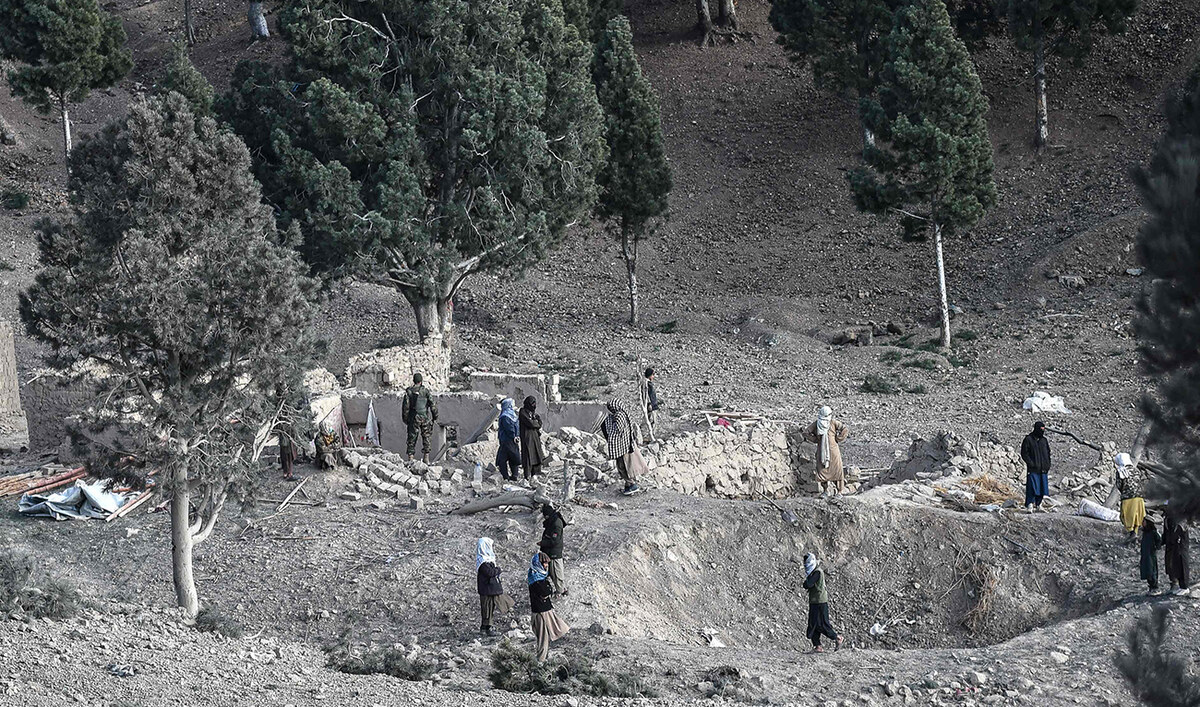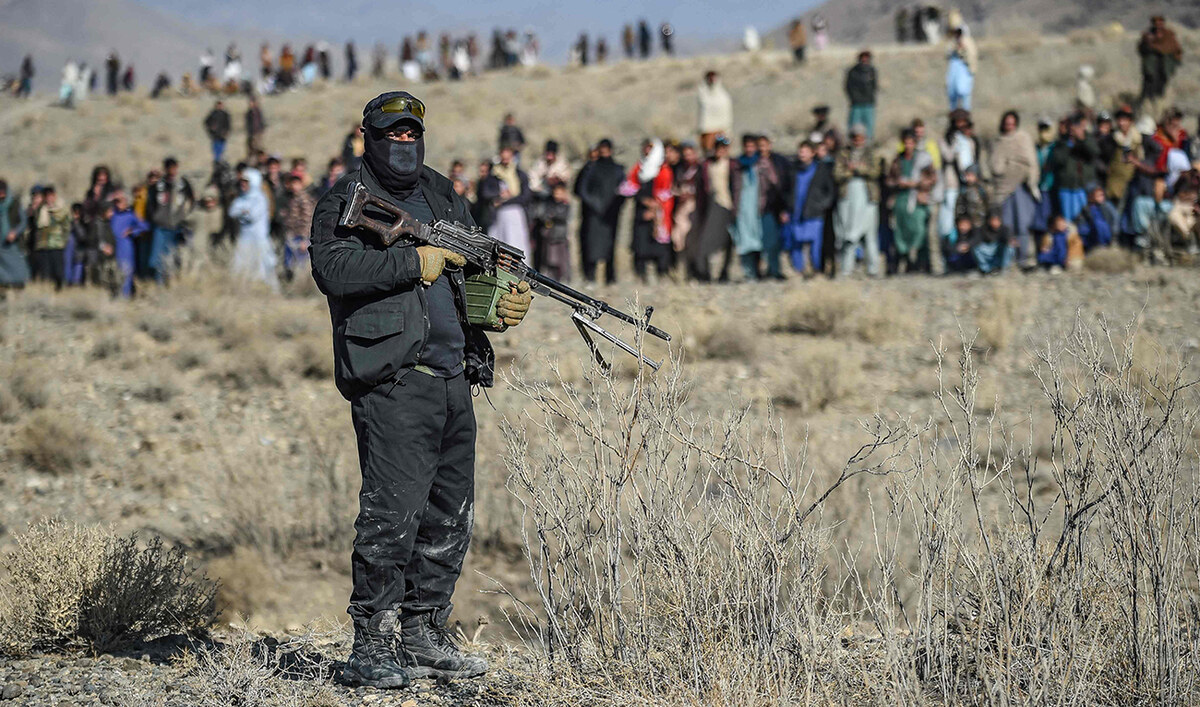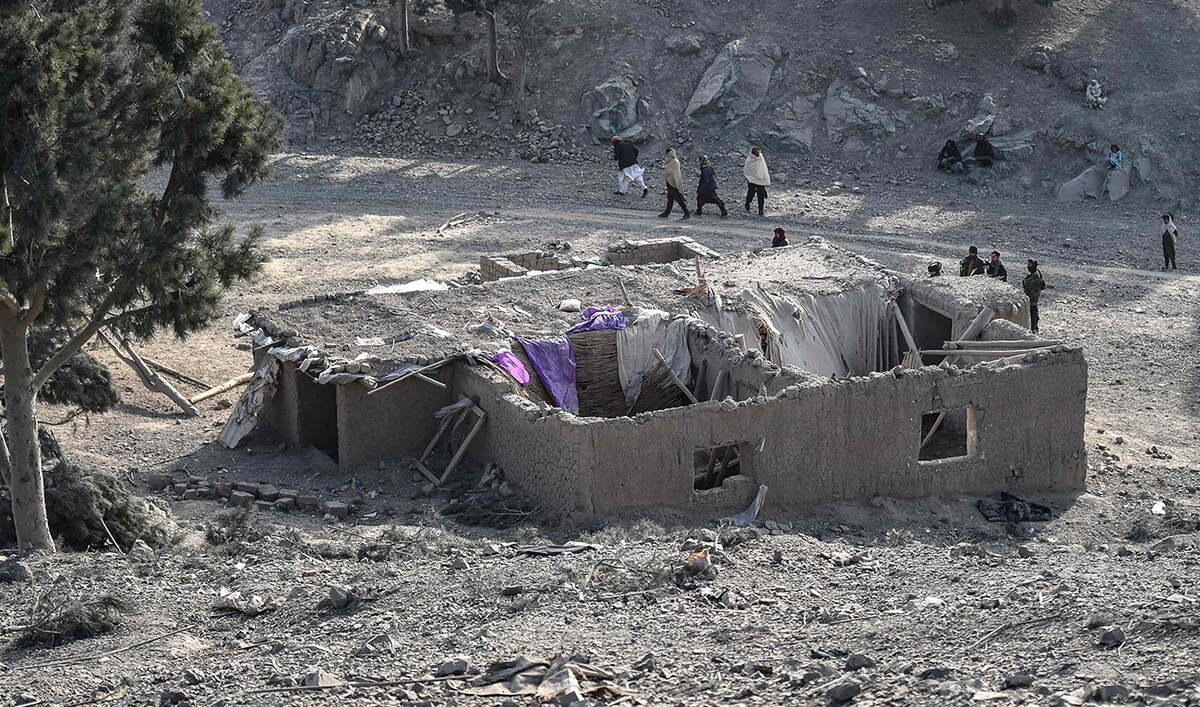PESHAWAR: Pakistan’s anti-polio program said on Saturday the country had reported three new cases of the polio virus, including the first in the northwestern Khyber Pakhtunkhwa province, taking the nationwide tally to 21 this year.
A new case each was reported from Killa Abdullah district in Balochistan province, Keamari district in Sindh, and Mohmand tribal district in Khyber Pakhtunkhwa, according to a regional reference laboratory for polio eradication at the National Institute of Health in Islamabad.
Pakistan, along with neighboring Afghanistan, remains the last polio-endemic country in the world. Starting from late 2018, Pakistan saw a resurgence of cases and increased spread of polio, highlighting the fragility of gains achieved in the preceding three years.
“It is heartbreaking to witness these new cases, especially in areas where the virus continues to silently spread,” Ayesha Raza Farooq, the prime minister’s focal person for polio eradication, said in a statement. “Every new case is a new child whose life will forever be affected by a tragic disease for which there is a simple solution through vaccination.”
Farooq reiterated the government’s resolve to put polio eradication efforts back on track and appealed to parents to be responsible citizens.
Saturday’s three new cases included a first for KP where health authorities detected the virus in a 9-month-old girl in the Mohmand tribal district, according to the Provincial Emergency Operations Center [EOC] for Polio.
“Initial investigations revealed that the child had received zero doses of routine immunizations and was only given polio drops twice in the last four campaigns,” Abdul Basit, special secretary for health in KP, said in a statement.
KP Chief Minister Ali Amin Gandapur ordered an inquiry into the matter and directed the health secretary to immediately suspend the Mohmand district health officer and polio coordinator.
“All other responsible individuals for the poor polio campaign in District Mohmand must also be identified.” Gandapur said in a statement. “Action should also be taken against the staff of partner institutions along with the relevant government officials.”
The federal government has updated its National Polio Eradication Emergency Operations Plan and said it will address critical gaps in campaign quality, including access, migrant mobile populations, vaccine acceptance and service delivery for the upcoming campaigns in 2024.
“Before the end of the year, Pakistan will implement two large-scale, house-to-house campaigns which remain crucial to closing the current immunity gaps and reversing the spread of the virus,” the polio program said.
National Coordinator for Polio Emergency Operations Center Anwarul Haq said the fresh cases were a “stark reminder” of the critical importance of vaccination.
“Every new child affected by polio is a stark reminder of the gaps in the walls of immunity,” he said. “The fact that too many children are still missing their opportunity of vaccination through campaigns and through their routine immunization is the responsibility of us all.”
Pakistan’s polio eradication program began in 1994, and the number of cases has declined dramatically since then.
Pakistan continues to face challenges in its fight against polio, including militancy, with polio workers targeted by attacks, particularly in the KP province. The polio program has adapted to respond to climate disasters such as floods, but continues to face disruptions. There are also gaps in supplementary immunization activities, especially in areas where the virus is still present.




















